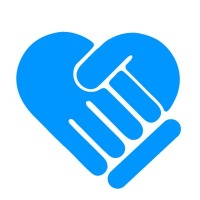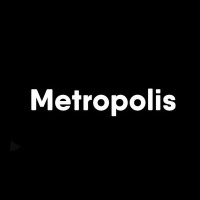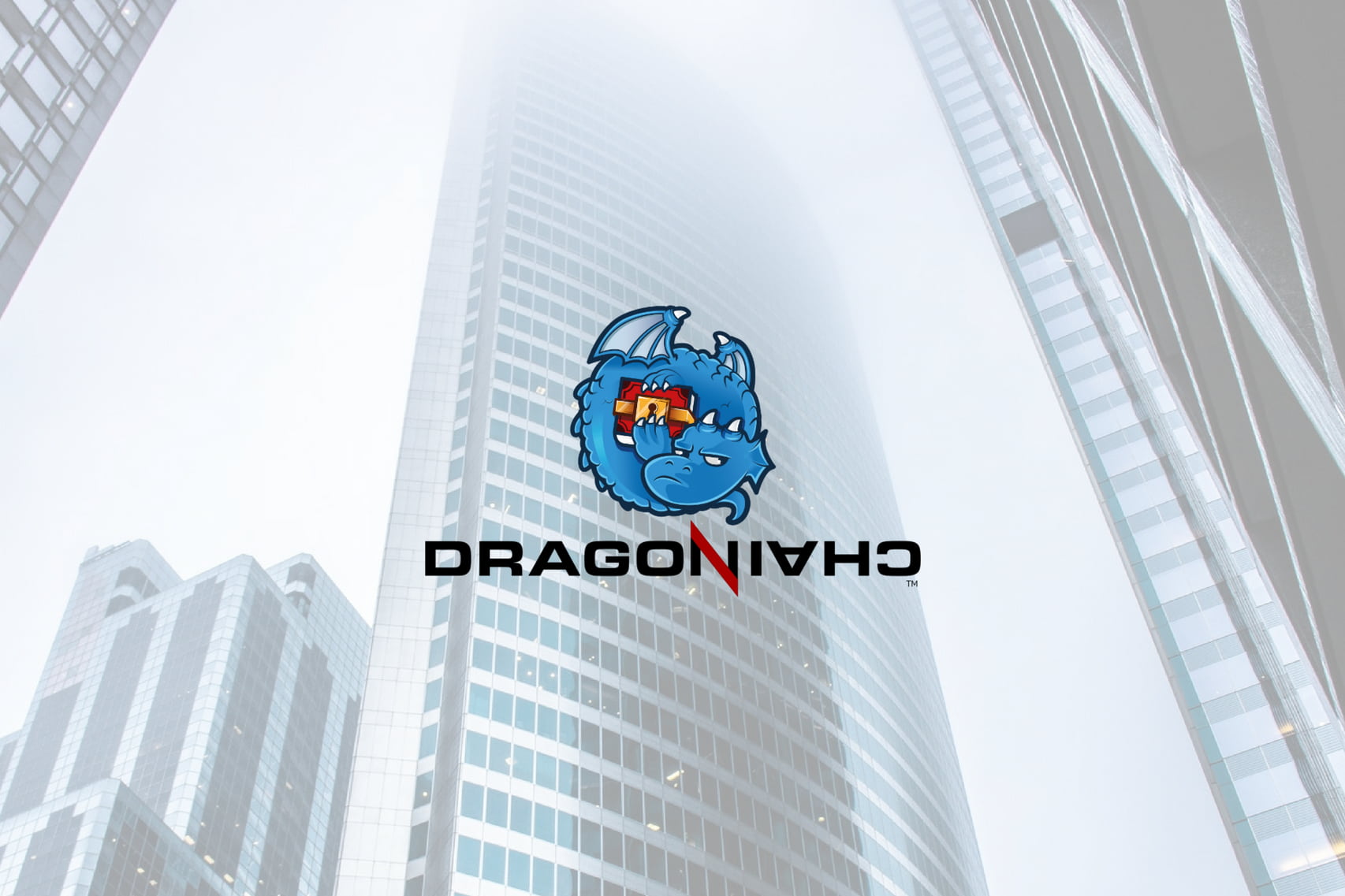Dragonchain (DRGN) is an open-source, user-friendly platform that allows developers to more easily build, test, and deploy blockchain applications. It lets creators build their apps using mainstream programming languages, like Python, Java, and C+.
Sometimes referred to as “Disneychain,” DRGN was originally developed by the Seattle Disney offices in 2015. At this time, it was known as the “Disney Private Blockchain Platform.”
The Dragonchain team has the goal of building a standardized ecosystem to allow companies to build secure, tokenized applications, on a serverless blockchain. The team has also built an incubator to launch projects on the platform in sectors like art, charity, automotive, employment, and digital advertising.
Standout features of the Dragonchain ecosystem include high levels of security, scalability, smart contracts, incubation services, and a lower cost of development, due to the use of existing development languages.
The First 5 Projects in the Dragonchain Incubator
Dragonchain has recently launched an incubator to help its partners develop tokenized systems, which will create long term value across multiple industries.
The incubator program offers:
- Services for blockchain startups including consulting, mentoring, management, and office space.
- Pre-built smart contract libraries, with access to industry experts, as well as contact with other incubated projects.
- Help with community outreach.
- Legal, tech, advertising, and financial resources.
- Help with graphic design, user acquisition/retention, monetization, monitoring of network effects, and data analytics.
- Faster product launches.
In this article, we take a look at the first 5 projects incubating on Dragonchain.
BioCrypt Technologies

BioCrypt Technologies is building an implantable RFID wallet which acts as an intermediary for fiat payments and cryptocurrency.
In addition to using RFID tech for payments, the biochips can also pull up relevant user information with a simple scan. Scanning the biochip allows a user to access their computer, pull up relevant information, or even unlock a door, by waving their hand over it.
RFID technology provides many use cases in the sectors of healthcare, the authentication of items, and secure payments. RFID communication combined with biometric I.D. (like fingerprinting or facial scanners) can improve the speed, security, accuracy of identity verification for payment processing.
Users will no longer have to worry about fraud, or the ability of hackers to break into their accounts. PGP encryption combined with bio I.D. will provide security which is superior to any other wallet currently available.
BioCrypt transactions will be processed on their own blockchain called BioChain. BIO tokens will run on the BioChain platform. BIO tokens are utility tokens. They are used to transfer data from a BioCrypt RFID chip, to and from the BioChain blockchain.
BioCrypt will first market its implantable chips to young consumers/early adopters, then move towards a more mainstream audience.
On the downside, some consumers have expressed privacy concerns about BioCrypt. They feel it might be able to track a user’s location, or capture sensitive personal information. The CEO reassures that location tracking from an RFID chip is not possible, and the privacy of data and transactions will be respected for all users.
BioCrypt will soon be launching a token generation event, although they have not specified a date. The TGE will further fund development of the project.
IAGON
 IAGON is a well-rated ICO, with high marks from ICO Bench (4.5/5), Track ICO (5/5), and ICO Marks (9.6/10). However, there were some issues when the initial ICO presale was conducted, and the funds were eventually returned to the investors. It is likely that this had to do with the unclear regulations on whether or not ICOs might be considered securities.
IAGON is a well-rated ICO, with high marks from ICO Bench (4.5/5), Track ICO (5/5), and ICO Marks (9.6/10). However, there were some issues when the initial ICO presale was conducted, and the funds were eventually returned to the investors. It is likely that this had to do with the unclear regulations on whether or not ICOs might be considered securities.
The goal of the IAGON project is to build a global decentralized supercomputer and storage system, which is powered by A.I. and blockchain tech.
IAGON will offer a decentralized cloud storage and processing service, as an alternative to the current centralized cloud systems. Users will be able to tap vast storage resources, and access processing power provided by users in the network.
Unused storage and processing power of users can be loaned to the IAGON network by both servers and personal computers. By lending computer power to the network as a form of mining, users will receive IAG tokens which can be traded into fiat.
Any party who wishes to utilize the capabilities of the network can purchase and spend IAG tokens.
The IAGON team have resumed their fundraising. The IAGON main token sale is currently live, and interested participants can head to their website to sign up and buy IAG tokens.
GiveWithNothing
 The GiveWithNothing project aims to improve transparency and accountability for charitable donations. By using smart contracts, charitable givers can track their donations and release funds to the intended receivers.
The GiveWithNothing project aims to improve transparency and accountability for charitable donations. By using smart contracts, charitable givers can track their donations and release funds to the intended receivers.
Smart contracts and blockchain tech will promote transparency, accountability, and traceability for all parties involved in a charitable contribution. Each donation can be fully accounted for.
GiveWithNothing also makes it easier to write off donations to a charity. Receipts are issued automatically, to claim an exemption on taxes, with little to be done by the charity.
The company believes better transparency will increase the amount of donations given, because people will know exactly where their donated funds are going.
Look Lateral
Look Lateral has created FIMART, a Fractionalized Market of Art. The marketplace allows the purchase and sale of fractional ownership in works of art.
has created FIMART, a Fractionalized Market of Art. The marketplace allows the purchase and sale of fractional ownership in works of art.
Fimart democratizes the world of art, making it more transparent, more accessible, and more liquid. A greater number of buyers are able to take part in this market, due to fractional ownership.
The blockchain-powered FIMART uses a 4-step process. The 4 steps include: tagging, provenance, pricing, and Fimart (Fractionalized Market of Art).
With tagging, artwork is given a physical I.D. tag. The tagging technology is chosen with care towards the art materials such as canvases, wood, or ceramics.
The tagged artwork is then pinned to the DragonChain blockchain. As information about the work of art is uploaded to the blockchain, a “bounty” to verify it is offered by the art owner.
The bounty rewards those who provide reliable information about an art piece. This allows the history of the artwork to be decentrally verified by its user base.
Art usually is accompanied by documentation, also known as “provenance,” which confirms its authenticity. After it is tagged, the artwork will receive a provenance score by FIMART. If the score satisfies legal and quality regulations, it can be matched to a pricing system which provides an estimate of its value.
The artwork is then “listed” on FIMART. This process determines ownership rights, pricing, and creates legally binding ownership contracts. Once a piece is listed, ownership in the art piece is available to purchase by members of the FIMART community.
FIMART will soon be selling LOOK utility tokens to raise funds for development of its platform.
Metropolis
 Metropolis is the first employment ecosystem to securely run on a blockchain.
Metropolis is the first employment ecosystem to securely run on a blockchain.
The goal of Metropolis is to create a simple, cost-effective platform that allows employers to connect with top quality, verified talent. The entire process for hiring employees can be managed on this platform.
One issue that Metropolis attempts to solve is the verification of employment history, and credentials, a process that can be very expensive for employers.
The Metropolis employment ecosystem allows data to be 100% verified by the system. Background checks and employment history are done through Metropolis, and this information is stored until another employer wants to access it.
Metropolis does not require employers to re-verify this information, which is both costly and time consuming. Once candidates input their data, this valuable personal information is verified, then securely stored and only made available to employers.
Employers will only receive highly qualified employee matches. When a user is available for employment, they can turn on their portfolio, and receive relevant employment offers.
Final Thoughts
As mentioned briefly above, the Dragonchain platform hit a snag when it returned the funds from the IAGON ICO presale. The presale raised over $1 million, but was cancelled due to the intervention from Dragonchain. The issue may be due to the unclear regulatory environment surrounding the ICO process.
This may be why BioCrypt is launching a TGE instead of an ICO. The sale of a utility token may not face the same regulatory scrutiny as a security token.
Dragonchain may find a workaround by marketing itself and its incubator projects as “utility tokens.” This might keep it free from regulation issues, as the law catches up to the fast moving blockchain technology.
The Dragonchain Incubator is still accepting applications.

